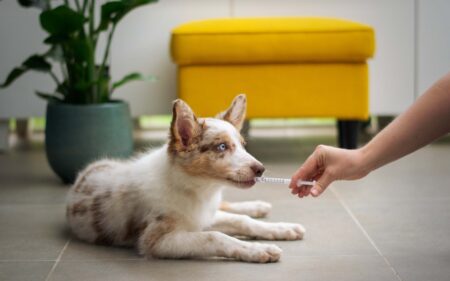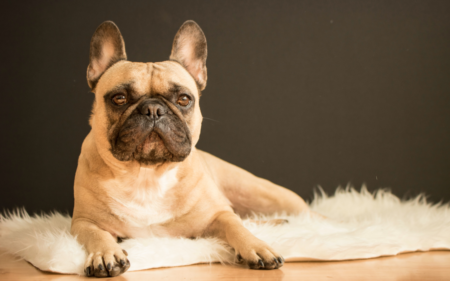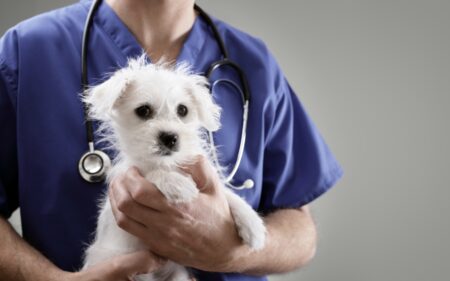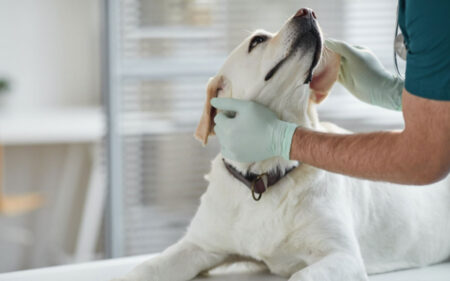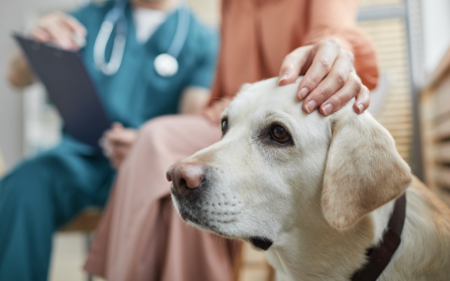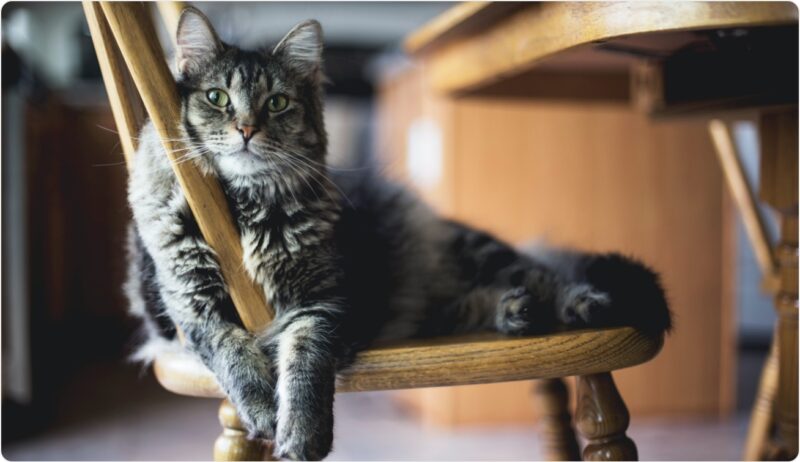Welcome to Victoria Vets
The Friendly Vets for Family Pets in Derbyshire
Our Clinics

Chapel-en-le-Frith
Thornbrook Road, Chapel-en-le-Frith High Peak, Derbyshire, SK23 0LX
We love our pets and we love what we do, so rest assured that your pet will be in the best of hands. You will find the clinic in the center of Chapel-en-le-Frith on Thornbrook Road, easy to find and to park.
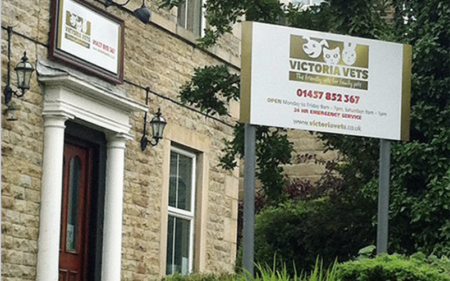
Glossop
25 Victoria Street, Glossop, Derbyshire, SK13 8HT
We love our pets and we love what we do, so rest assured that your pet will be in the best of hands. You will find the clinic in the centre of Chapel-en-le-Frith on Thornbrook Road, easy to find and to park.
Our Reviews
See what our clients say about our clinic

